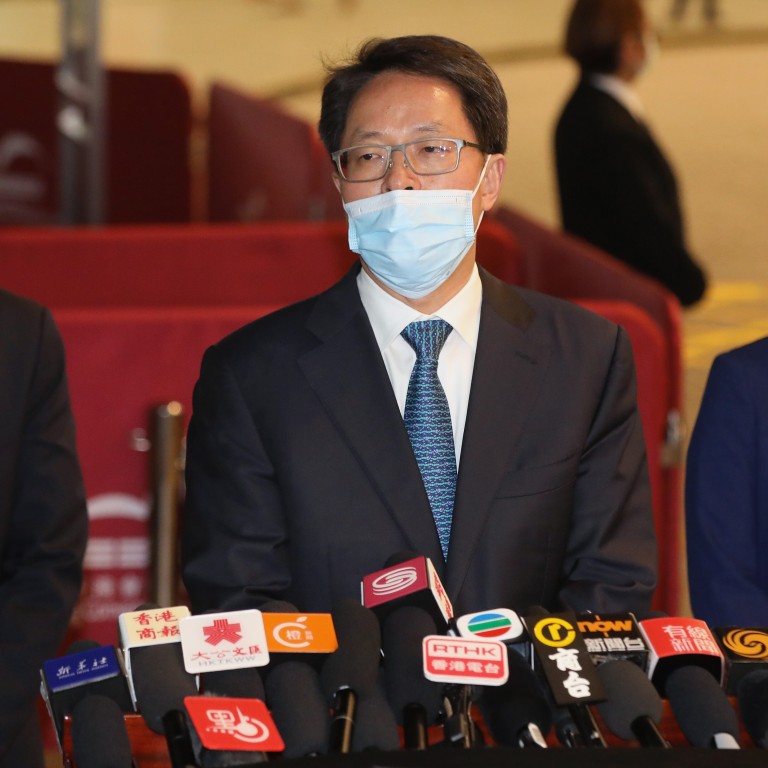
Election Committee will get biggest share of seats in Hong Kong’s revamped Legislative Council, top mainland Chinese official says
- Zhang Xiaoming, deputy director of State Council’s Hong Kong and Macau Affairs Office, concludes three days of consultative sessions in the city
- He says he also gauged views from opposition politicians on the controversial overhaul of the electoral system
A senior mainland Chinese official has confirmed the biggest share of seats in Hong Kong’s revamped legislature will go to members of a committee, long dominated by pro-establishment forces, that will now be empowered to decide candidates for the city’s most important elections under a drastic shake-up of the political system.
US imposes new sanctions against 24 officials over Hong Kong electoral overhaul
He did not name the “pan-democrats” who were consulted, but said most attendees had agreed that the shake-up was a top priority.
“They agreed that the electoral reform should be based on Hong Kong’s actual situation,” Zhang said.
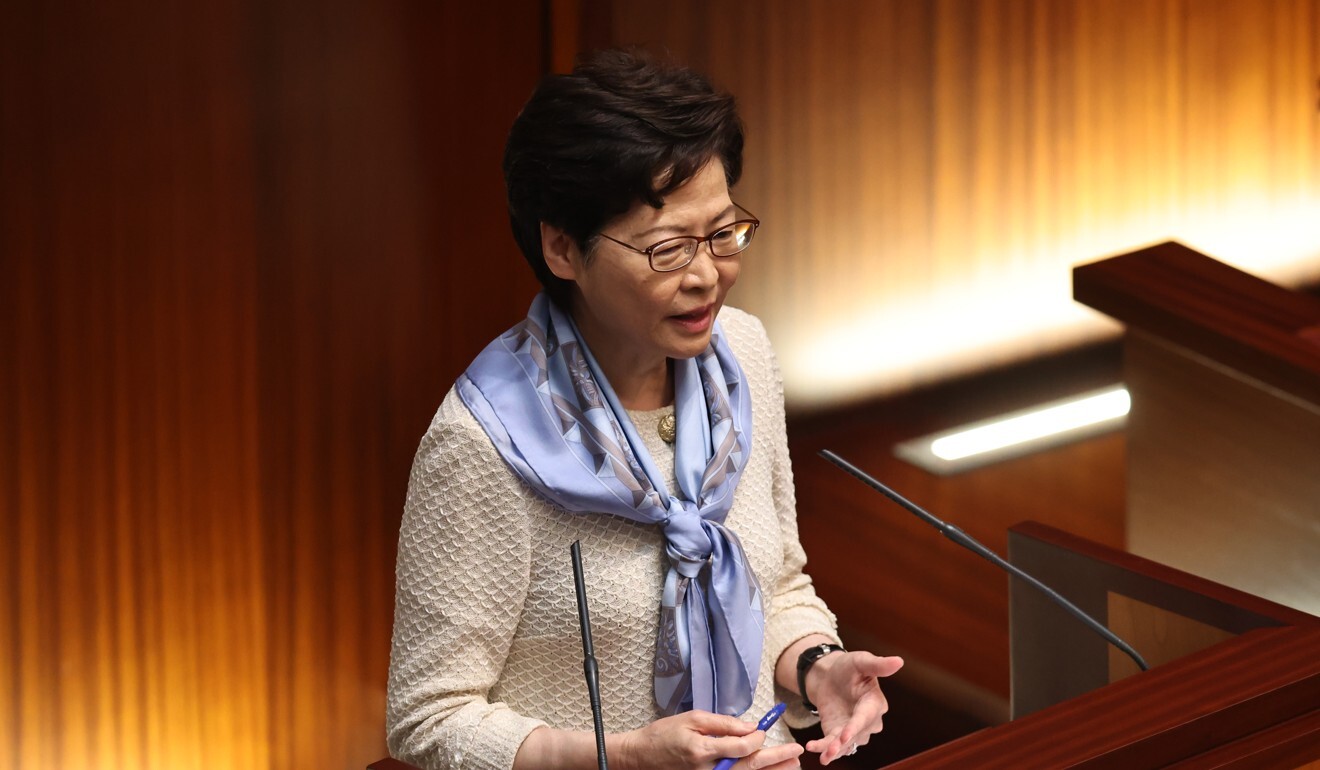
Last Thursday, the National People’s Congress (NPC) passed a resolution to overhaul Hong Kong’s elections, leaving it to the NPC Standing Committee to work out the full details.
Under Beijing’s plans, the 1,200-member Election Committee, which selects the city’s leader, will be expanded by 300 seats to effectively further cement the pro-establishment camp’s dominance.
Standing committee Vice-Chairman Wang Chen had said the Election Committee would not only be empowered to nominate and vet candidates for chief executive and Legco, but also decide members for the legislature from its own ranks. Under the changes, 20 more seats will be added to the current 70.
Currently, half of the city’s lawmakers are directly elected from five geographical constituencies, while the remaining half come from 29 functional constituencies, most of which are trade-based interest groups.
Opinion: Electoral reform a time for Hong Kong democrats to reinvent themselves
Pro-establishment politicians had asked Beijing to consider allocating the geographical constituencies, functional constituencies and the Election Committee 30 seats each in the new Legco.
But Zhang told reporters on Wednesday that an equal share was unlikely to happen.
“I think when Vice-Chairman Wang Chen mentioned ‘a relatively large proportion’ on March 5, he was talking about the other two methods of electing lawmakers – the geographical and functional constituencies,” Zhang said.
“[The Election Committee] should elect more lawmakers than through these two other methods. The NPC Standing Committee will decide on the exact allocation of the 90 seats later.”
Zhang also quoted “inspiring” comments from an unidentified media boss he had met and discussed the impending overhaul with.
“[The media boss] sighed and said: ‘If we realise we are lost and have no way out, why don’t we make up our minds, go back to the starting point, and find a correct path to start afresh?’”
Zhang’s remarks to the media after hosting the consultative sessions also marked the first time Beijing officials had indicated that the 117 district councillors’ seats on the Election Committee would be scrapped under the revamp.
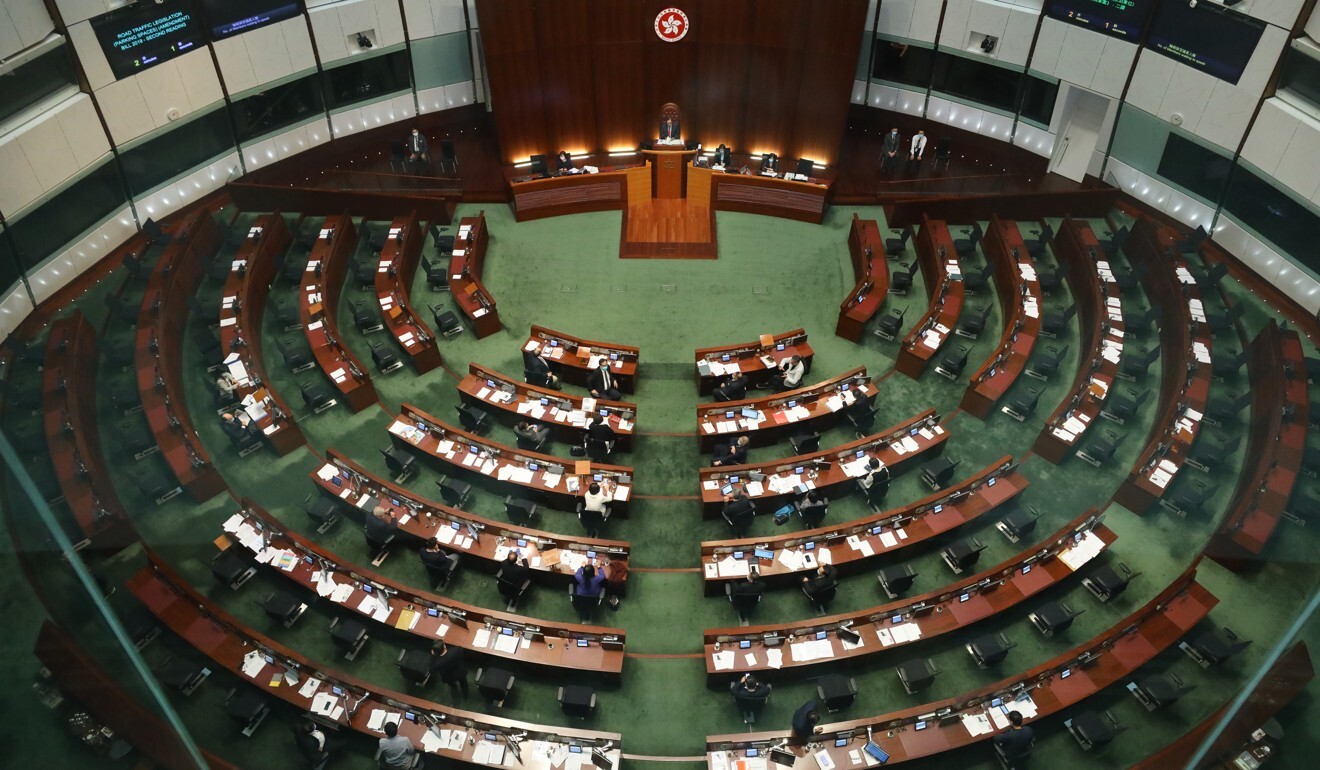
“They can only be consultative bodies and organisations to provide social services to the grass roots, at most,” Zhang said. “They should not have too much political function.”
He noted that from Monday to Wednesday, Beijing officials in Hong Kong had consulted more than 1,000 people by organising 66 seminars, and conducting individual visits. Representatives from the government as well as groups from the business, labour, academic, women, youth and religious sectors were involved, he added.
Hong Kong elections reform ‘aims to stop separatist, foreign infiltration’
He said many attendees at the consultations had told him the number of district councillors on the Election Committee should at least be “substantially reduced”, if not scrapped altogether.
“We will report all these opinions to the standing committee of the NPC later,” he said.
Ronny Tong Ka-wah, an adviser on the city leader’s de facto cabinet, the Executive Council, said he agreed the district councillors’ seats could be cut, but not all.
Tong had also suggested the committee should only be allowed to elect a small proportion of Legco members. Asked if he was disappointed with Zhang’s remarks, Tong said: “The standing committee has yet to meet after the resolution was endorsed last week, I still hope it can consider different proposals carefully.”
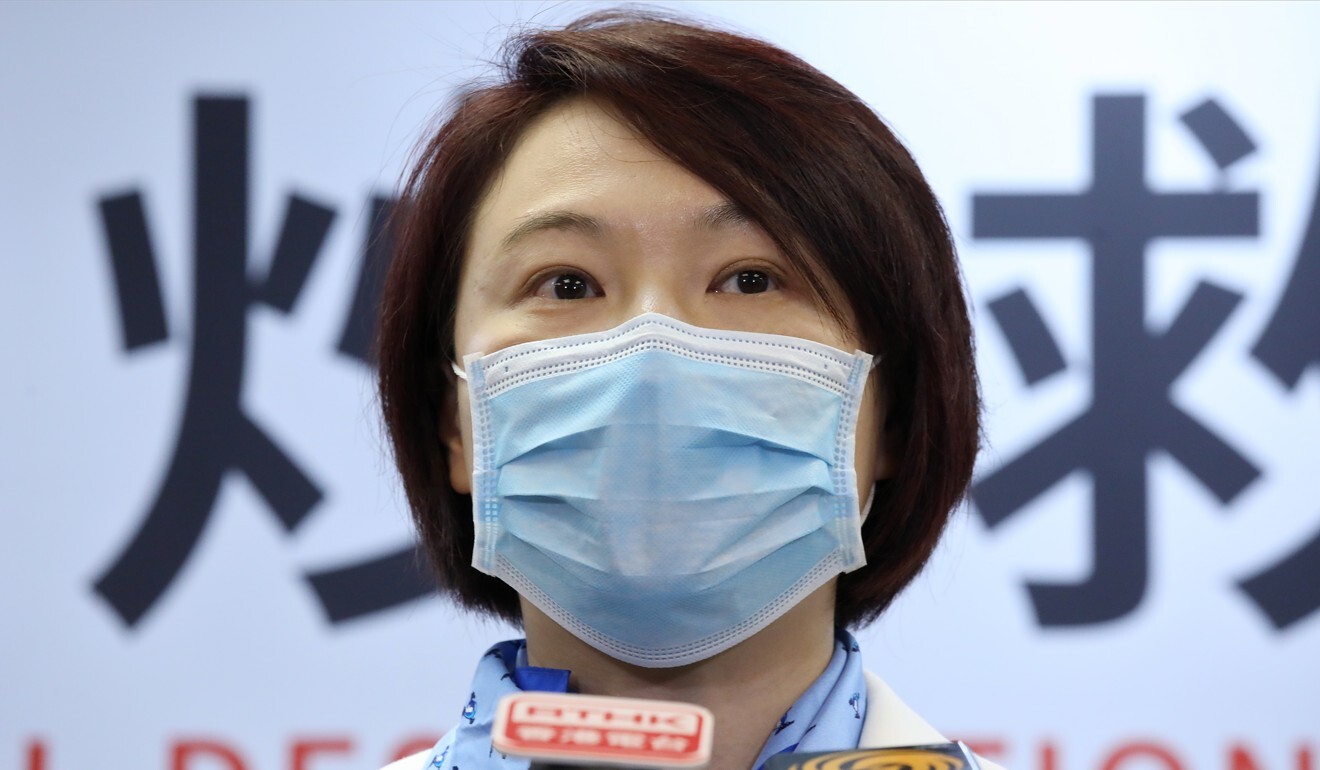
Starry Lee Wai-king, chairwoman of the largest pro-establishment party, the Democratic Alliance for the Betterment and Progress of Hong Kong, said the likely cut in directly elected seats was not a disappointment.
“The empowerment of the Election Committee is a crucial step to take Hong Kong towards ‘quality democracy’ under the executive-led system,” she said. “This will encourage more capable patriots to join the political structure.”
Earlier in the day, Gary Fan Kwok-wai, one of 47 opposition activists recently charged with subversion, resigned as a district councillor. Fan said on his Facebook page that it was impossible for him to fulfil his duties as a Sai Kung district councillor while on remand.
In a separate session with the city’s legal professionals, Zhang Yong, deputy head of the standing committee’s Legislative Affairs Commission, insisted the chief executive had to have “substantial power” in the political structure.
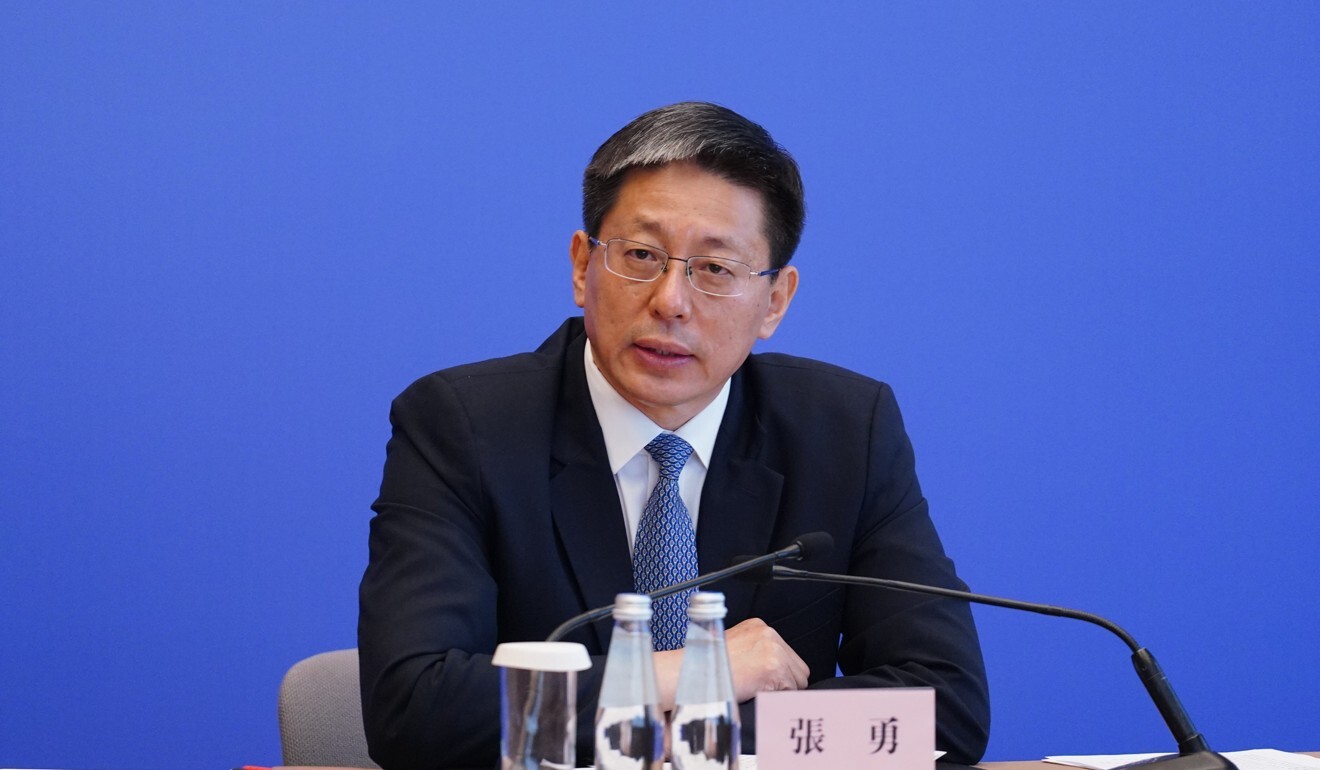
Citing former Basic Law Drafting Committee chairman Ji Pengfei, he said: “[Ji] said the Basic Law should enable checks and balances, as well as cooperation among the executive authorities, the legislature and the judiciary. He said one more thing: the chief executive must have substantial power in an executive-led system.
“This is the state we hoped to achieve in the political system designed by the Basic Law.”
He added that Beijing’s overhaul aimed to return the electoral system to the Basic Law’s “original intention”.
Legislator and Basic Law Committee member Priscilla Leung Mei-fun, who met Zhang Yong in the morning, believed the introduction of a significant number of Election Committee members to the legislature would prompt directly elected lawmakers to better consider the interests of all of society in Legco affairs.
“There might be a positive chemical effect with the changes. It’d be a good thing if directly elected members do not only care about matters in their own constituencies,” said Leung, who represents Kowloon West in Legco.
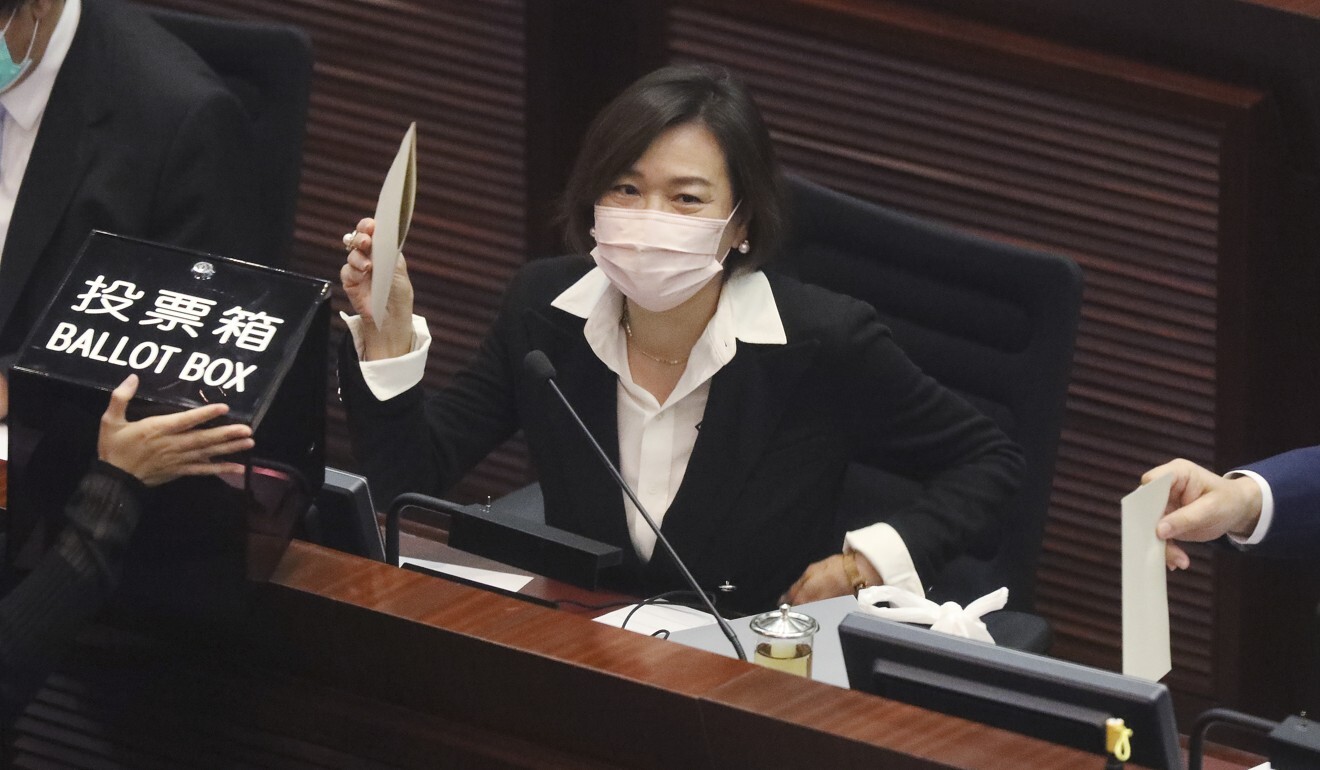
Separately, former Democratic Party member Tik Chi-yuen said he met an official from Beijing’s liaison office in Hong Kong to reflect his opinion on the reform.
Tik said 15 representatives from the social welfare sector attended a session hosted by the deputy chief of the liaison office’s social work department.
He declined to say who else attended, but hinted that he was the only one with a political and democratic background.
“Diverse opinions coexisted in the meeting,” Tik said. “It seems in our sector, most of us believe that the ratio of direct election [in Legco] is important and should be respected.”
Tik proposed that at least 30 seats be allocated to geographical constituencies.
“The liaison office officials did not give any feedback, but they said they would reflect our opinions to the central government later,” he said.



